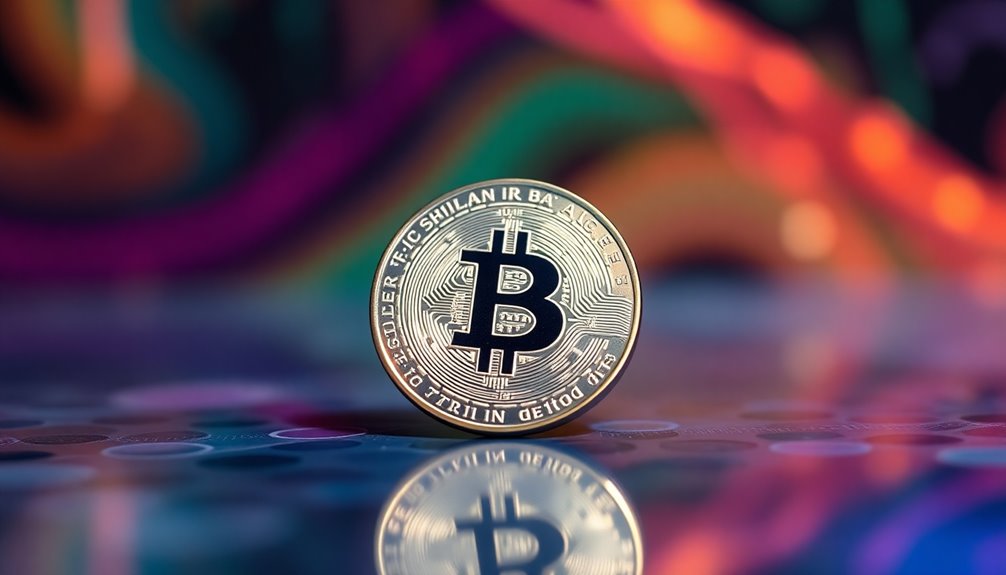You've likely noticed the recent downturn with TONcoin, which has slipped to crucial support levels at $3.72. This 1.87% decline may have you questioning the stability of your investment amid rising regulatory pressures and market volatility. As you consider the implications, you might wonder how TONcoin will navigate its challenges and whether its ongoing projects can spark a turnaround. The next steps could be pivotal for its future.

As Toncoin faces significant challenges in the ever-evolving cryptocurrency landscape, its current price of $3.72 marks a notable stumble in market performance. Ranked 17th by market cap within the global cryptocurrency market, which stands at $9.27 billion, Toncoin's recent 24-hour performance shows a decrease of 1.87%. With a circulating supply of 2.49 billion coins, it's clear that various factors are influencing this decline, and you might find it essential to understand them as an investor.
Regulatory challenges have historically plagued Toncoin. The U.S. SEC's interventions have left a mark on its trajectory, and these hurdles can create uncertainty for potential investors. Additionally, market sentiment plays a crucial role in the price movements of cryptocurrencies. When the overall crypto landscape feels shaky, assets like Toncoin often reflect that anxiety. Furthermore, the rise of trading bots can amplify market fluctuations, adding to the sense of unpredictability.
Compounding these issues, Toncoin faces stiff competition from established blockchains such as Ethereum, which could affect its market position. Notably, Toncoin boasts a block validation time of just five seconds, which could provide a competitive edge in transaction efficiency.
While Toncoin grapples with these challenges, it does boast some technological advantages that could help it regain traction. Its Proof-of-Stake consensus model allows for energy-efficient and scalable operations, making it appealing in a world increasingly focused on sustainability.
The network's dynamic sharding enhances scalability and transaction speed, enabling block validation times as low as five seconds. With transaction fees ranging from approximately $0.01 to $0.05, the platform remains cost-effective for users.
Looking ahead, predictions suggest that if market conditions improve, Toncoin could rise to $4.50 and potentially reach $25 by 2030. The growth of the blockchain sector as a whole could positively influence Toncoin's value.
Although TON operates independently, its legacy with Telegram may still play a role in attracting a loyal user base. Moreover, the introduction of decentralized finance (DeFi) services, like staking and yield farming, opens the door to new investment opportunities, which could enhance its appeal.
Finally, ongoing projects aimed at improving interoperability, such as the ETH-TON Bridge, promise to bolster growth and usability. For you as an investor, keeping an eye on both the challenges and opportunities will be crucial as Toncoin navigates this turbulent phase.









